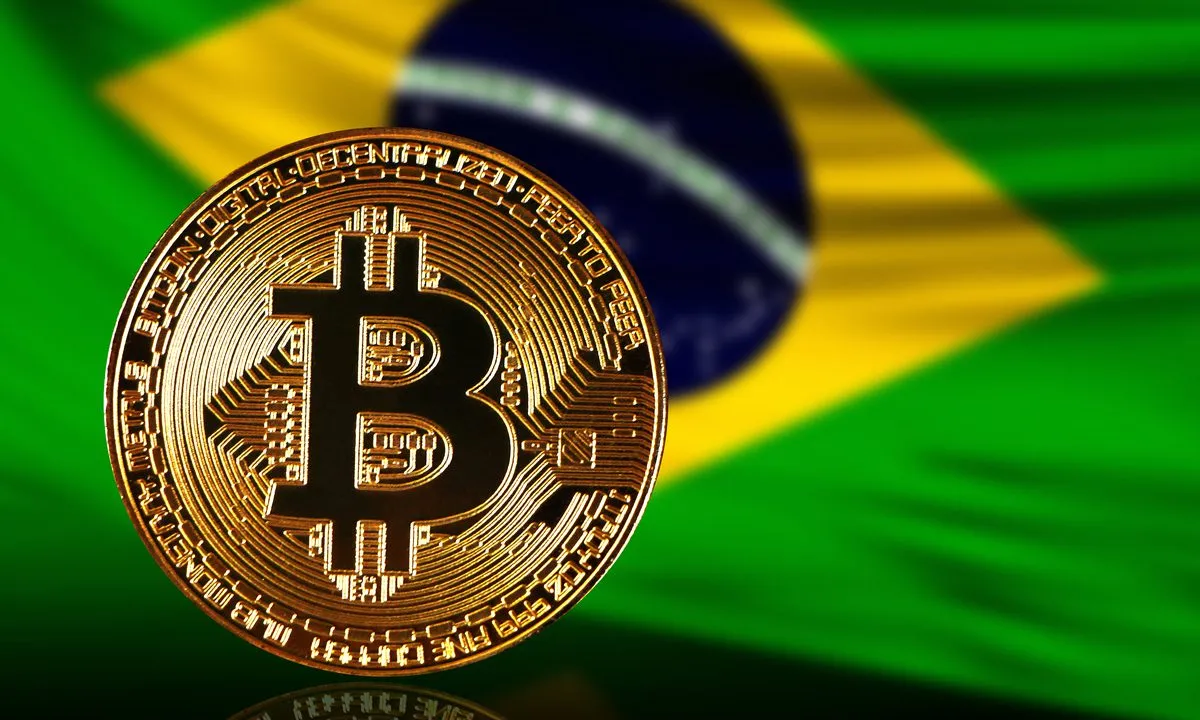Brazil’s Chamber of Deputies is preparing for a historic public hearing on August 20, 2025, where lawmakers will discuss a bold new initiative: the creation of a Strategic Bitcoin Reserve (RESBit). If approved, this could mark a significant shift in how Brazil manages its sovereign wealth.
A New Approach to Reserves
The proposal, outlined in Bill 4501/2024, was introduced by Deputy Eros Biondini and supported by Deputy Luiz Philippe de Orleans e Bragança. The bill suggests allocating up to 5% of Brazil’s international reserves—potentially between $17 billion and $18.6 billion—into Bitcoin. The goal is to hedge against global financial uncertainty, currency devaluation, and geopolitical instability.
Key elements of the bill include:
- Shared custodianship of the Bitcoin reserve by both the Central Bank and the Ministry of Finance.
- Mandatory biannual reports on performance and risk to ensure transparency.
- Alignment with global trends of using digital assets in national financial strategies.
The Economic Development Commission will host a wide range of participants at the hearing, including:
- Representatives from the Central Bank of Brazil and the Ministry of Finance.
- Industry groups like ABCripto and FEBRABAN.
- Fintech and crypto experts, including Diego Kolling of Méliuz and Julia Rosim of ABCripto/Bitso.
Their input will help shape how the country views Bitcoin’s role in its financial future.
Potential Path Forward and Growing Debate
For the proposal to move forward, it must pass through four legislative committees—Economic Development, Science and Technology, Finance and Taxation, and Constitution and Justice—before going to a full vote in the Chamber, then the Senate, and finally requiring presidential approval.
The bill has already sparked diverse opinions. Supporters like Pedro Giocondo Guerra compare Bitcoin to digital gold, emphasizing its potential as a store of value. Meanwhile, officials from the Central Bank warn of its volatility and speculative risks.
If Brazil adopts this strategy, it could become a trailblazer among emerging economies considering Bitcoin as part of national reserves. The move would place Brazil in the same conversation as countries like El Salvador and could inspire similar discussions worldwide.
